Grisoli_Resume_SHIP_2023.pdf
I am at a career crossroads. I love both general practice ownership and neurology and I’m struggling to decide which path to take. Last summer I addressed the neurology route: I conducted research at the University of Illinois and did a 2-week externship with the neurology department at a specialty hospital in Chicago. This summer I want to explore the practice ownership route. I worked as an assistant at a general practice near my home before vet school and over most breaks, but I’m seeking more than technician duties like taking histories, drawing blood and running lab work. I want to do those things as well as critically think through cases and apply my leadership skills to real clinic problems. Working at the clinic back home I’m restricted to the medicine and client service aspect and have no opportunity to experience the leadership, management, and business of practice ownership. I love that SHIP combines all aspects of practice ownership to give students structured mentorship experience in both medicine and business.
I have ~2 years of experience as a veterinary assistant and have a hard-working, no excuses attitude. I’m personable, able to communicate information and instructions to clients, and find that I get along with everyone. I bring both a background of clinical experience as well as strong business/leadership acumen with the goal of contributing to the practice more than just an extra set of hands.
Every clinic has its own strengths and needs but a good place to start investing is in employee training and technical equipment. Continuing education for both doctors and techs as well as up to date technical equipment helps increase average client transactions and improve staff satisfaction. For example, I’m from a city with a metropolitan population of ~300,000. We have no specialists and referrals must drive around 3 hours to see anyone board-certified. I’ve seen that there is a huge demand for “advanced” care that can be provided by general practitioners. A vet at the clinic where I worked used much of her CE to become proficient in echocardiograms. Now, many of the clinics around us send patients to her for echos and she capitalizes on the high demand and profit margin. In a similar vein, only one vet in the area performs TPLOs. CCL tears are incredibly common and surgery provides a great long-term outcome. There is a large and mostly untapped market in my area for dogs with ruptured CCLs and right now only one vet is taking advantage. As a practice owner it is crucial to know what types of medicine are not provided in your area and be willing to provide yourself or your staff with opportunities to capitalize on them. Continuing education and equipment have high initial costs but also have high returns on the investment both monetarily and in employee satisfaction. There is much higher retention and engagement in places where growth is fostered, and managers are willing to provide resources to help them advance their careers.
I think that a blameless, objective approach is needed to highlight shortcomings of a struggling practice. I would start by looking at very broad financial indicators such as average client transaction, average transactions per day, inventory turnover, and customer satisfaction scores. Evaluating measures like these will help narrow the problem to a certain aspect(s) of the practice. For example, if pharmacy inventory turnover, the measure of how many times you sell your entire inventory for a period, is lower than in previous years, you need to evaluate the role of your pharmacy. This means ensuring the products you choose to sell are profitable and allow clients to get non-profitable items from online or external pharmacies. Objective analysis of financial performance allows for a non-biased overview of how different aspects of the clinic are performing.
As useful as number crunching and analysis is, it is vital to utilize the knowledge of your team. Sitting down with all staff to discuss what in the past year has gone differently or worse will help a manager get an understanding of day-to-day problems in the clinic. It is very important for morale to emphasize this meeting is not a “blame game” or “chewing out” but rather a manager using the collective knowledge and experience of the team to highlight issues or shortcomings in order to improve for the future for everyone.
7
8
Ownership intrigues me as I am someone always looking to improve myself and my situation. Associate veterinarian is a fantastic career, but I feel that I would constantly seeking ways to lead and impact the practice outside of medicine. Ownership gives me the independence to take my practice in the direction I prefer. Selfishly, I also see the financial benefit. I will graduate in significant amount of debt and ownership could help me pay it off much easier. I’ve worked very hard to earn this degree and be qualified as a veterinarian and I should be compensated accordingly.
NO
- Small animal exclusive
- General practice
- Other
Potentially neurology specialty
I have a strong background in software engineering and data science, this unique skillset could allow me to help a clinic in need of data management. I want to clarify I am not an IT person or an expert in EMR, but I could help make sense of copious amounts of transactions and medical data. However, I am happy to work on any project, not just those in data science.

